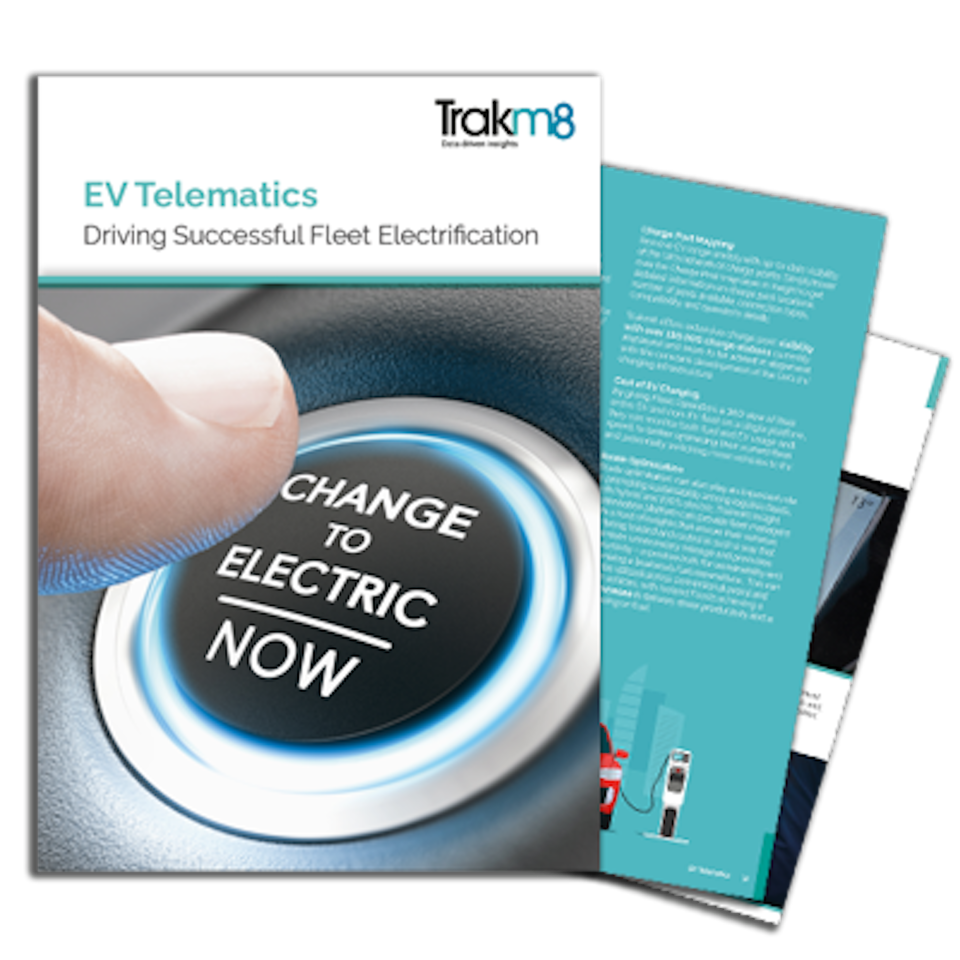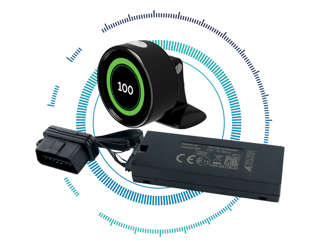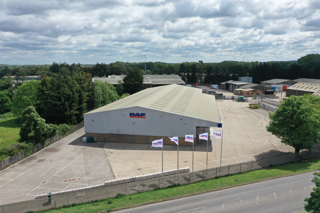Trakm8 has published a report – ‘EV Telematics – Driving Successful Fleet Electrification’ – examining how businesses can electrify some, or all of their vehicle fleet.
The report follows research conducted by Trakm8 into some of the biggest challenges facing fleets post-Covid.
More than 60% of respondents claimed that the rise of electric vehicles (EVs) and Government legislation that seeks to combat carbon emissions is likely to have the single biggest impact on the sector between now and 2030.
With fleets now working to the Government’s 2030 deadline on the banning of the sale of new petrol and diesel vehicles, Trakm8’s report aims to serve as a timely guide to how businesses can manage that transition.
The document examines some of the key challenges cited by fleet managers for preventing that switch to EV, with range anxiety, cost prohibition and limited charge infrastructure among the most mentioned reasons.
Trakm8’s report also outlines some of the solutions available to fleet managers looking to manage that change most efficiently.
These include a suite of telematics solutions pioneered by Trakm8 itself, including real-time tracking, dynamic EV range, live charge post mapping and vehicular health updates specifically tailored for EVs.
Jim Hill, marketing director at Trakm8, said: “From our survey of fleet professionals from across the UK, it’s clear that fleet electrification will have the most profound impact on the sector over the remainder of this decade.
“This concern has been driven in no small part by the Government’s pledge to ban the sale of new petrol and diesel vehicles by 2030.
“Although a growing number of motorists are opting for electric or plug-in hybrid (PHEV) vehicles, they still account for less than a fifth (18.6%) of the UK’s total car parc.
“That issue is reflected in microcosm within the fleet sector, which, although less heavily than previously, still relies on traditionally fuelled vehicles. That’s what makes the timing of this report so pertinent.
“We hope this white paper will provide a valuable framework for fleet managers embarking on their electrification journey, setting out best practice and highlighting some of the key benefits a partial or fully electric fleet can deliver for businesses.”
























Login to comment
Comments
No comments have been made yet.